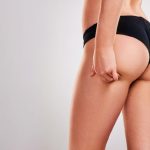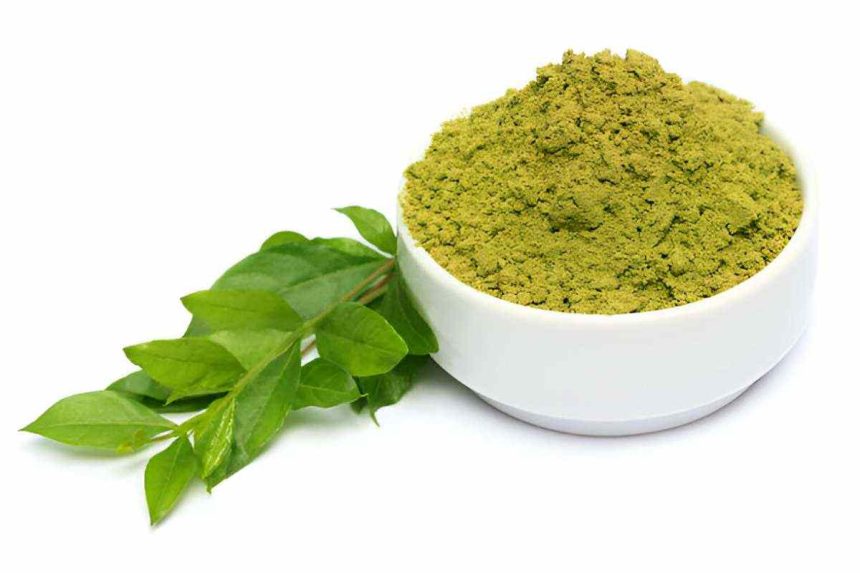What is Henna
Table of Contents
What is Henna and its Benefits
Henna is an organic plant pigment produced from the Lawsonia inermis tree. It also has other names, including Egyptian privet, mignonette tree, and Laurustinus. The leaves contain coloring matter used in temporary body tattooing and staining hair, skin, nails, and fabrics, including leather, wool, and silk.
Henna was used thousands of years ago in Ancient Egypt and other tropical countries in North America, South Asia, the Arabian area, and some parts of Africa. Today, the plant is more common in the hot regions of Australia, Pakistan, and India.
The Henna whole leaves themselves will not harm your skin since the Lawsone molecule will get to that if it does not bond with the keratin. Therefore, the henna leaves are dried to form powder and later used to prepare a mashed product.
Henna Powder for Hair
By this method, the lawsone molecule gradually moves as the Henna paste into your skin’s outer layer, forming the stain you desire.
Since it is almost impossible to get leaves to form some designs on the body. It is easily available in powdered form with dried and sifted leaves. The dry powder is mixed with water, coffee, lemon juice, and many more items.
Before applying the henna mixture to your skin, undergo a certain setting time depending on how thick the paste is. Considering the use its leaves, adding vital oils like lavender or tea tree to the dye will also enhance the stain. Natural henna paste is not shelf-stable, meaning it will spoil and should not be kept on a shelf for more than one.
Henna Hair Dye
It is a professional organic hair dye that may be used worldwide because of its many advantages. At the most basic level, it is a natural hair dye, unadulterated by any additional value-added concoctions. As hair dye. It has roots that trace thousands of years back to the beginning of the Egyptian and Nefertiti cultures.
Henna Hair Dye Application
Since it is an organic substitute to the traditional base dye, it is also used to dye eyebrows, mustaches, and beards. With the rising rate of natural products. It is trending more than before in Western countries. It makes your hair stronger and cures dull and damaged hair owing to the earthly qualities of carrot.
The amount of coloring you can get if you use it is quite limited compared to the conventional-based dye. Furthermore, the application process is longer than that of the henna body art application process.
The henna (Lawsone) Molecule requires much time in the bounding process to attract your hair protein. While the amount of time and the type of henna hair powder you have will vary for each client, the henna hair dye process will likely take between 15 and 24 hours. First, you must allow the mixture to sit for about 8- hours. Wash your hair, then put the mixture on your hair for a further 4-10 hours.
The Lawsonia pigment molecule will adhere to your hair, and the added texture will make your hair bitter in the long run. So, the moment you get to the color fusion, more molecules will bond with your hair and give you the perfect natural hair color.
Advantages of Applying Henna on Hair
It gives an all-natural hue to your hair, with a red-blonde to the orange hue.
It helps to improve your hair’s elasticity and reduce splitting.
Anti-parasitic and anti-fungal helps to treat scalp dandruff
It will make the hair full and shiny.
and smoothens them while putting more flexibility in your hair.






